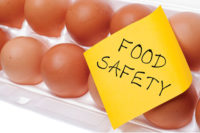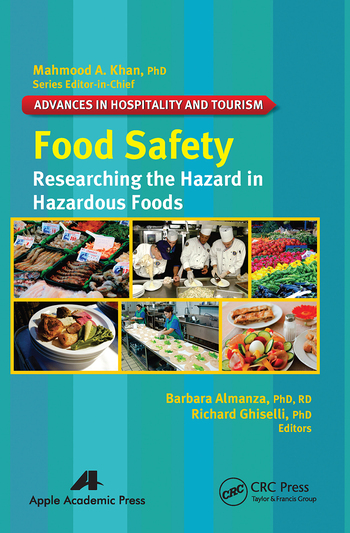Importers and Food Safety
A new rule describes the means by which third-parties will be able to conduct food safety audits and issue certifications of foreign facilities.

The first of these two newly proposed rules, Foreign Supplier Verification Programs for Importers of Food for Humans and Animals (FSVP), will describe the means by which third-parties will be able to conduct food safety audits and issue certifications of foreign facilities and the foods for humans and animals they produce.
The FSVP regulations “would require importers to help ensure that food imported into the United States is produced in compliance with processes and procedures, including reasonably appropriate risk-based preventive controls, that provide the same level of public health protection as those required under the hazard analysis and risk-based preventive controls and standards for produce safety sections of the Federal Food, Drug, and Cosmetic Act (the FD&C Act), is not adulterated, and is not misbranded with respect to food allergen labeling.”
“In fiscal year 2011, nearly 10.5 million product lines of food (representing unique food products) were imported into the United States…. Human and animal food constitutes nearly 40% of all imported product lines regulated by FDA. About 15 percent of all food consumed in the United States is imported, including approximately 50% of fresh fruit and 20% of fresh vegetables.”
In a brochure, “Strengthening Oversight of Food Imports,” the FDA writes, “Importers would have to establish that the foods being imported to the United States have been produced in a manner consistent with U.S. standards. In general it would require that importers:
• “Identify hazards associated with each food;
• “Conduct or obtain documentation of verification activities which could include onsite auditing, sampling, and testing, to provide adequate assurances that the identified hazards are being controlled; and
• “Take appropriate corrective action if hazards are not being adequately controlled.”
This shift in making the importers and their foreign food producers and processors responsible for meeting U.S. food safety standards also shifts costs that traditionally have been borne the public at large to those providing the food. In this way, some of the costs differentials between U.S. producers who have had to comply with U.S. food safety standards and foreign producers and processors are equalized.
In addition, the whole focus of the FSMA shifts the costs of foodborne illnesses from treatment to prevention, potentially having a positive impact on healthcare costs in the U.S.
To accommodate small importers and small foreign producers, the FDA has modified the requirements in such way that these entities can participate in the market while at the same time assuring the public that the imported food they eat is safe.
“The understanding that the principal responsibility for food safety resides with industry forms the basis of our proposed regulations implementing not only the FSVP provisions but also the preventive controls and produce safety provisions of FSMA,” the FDA writes in its proposed rule on Foreign Supplier Verification Programs for Importers of Food for Humans and Animals.
Looking for a reprint of this article?
From high-res PDFs to custom plaques, order your copy today!








